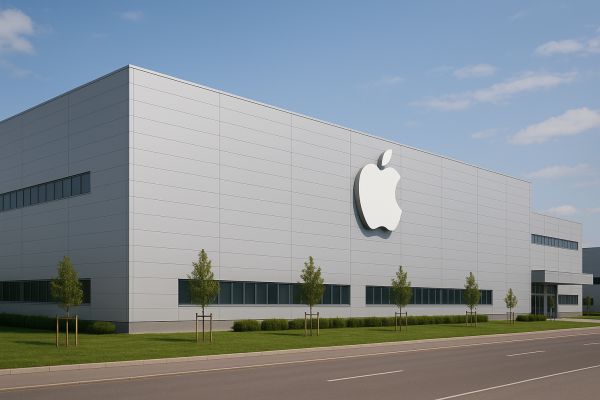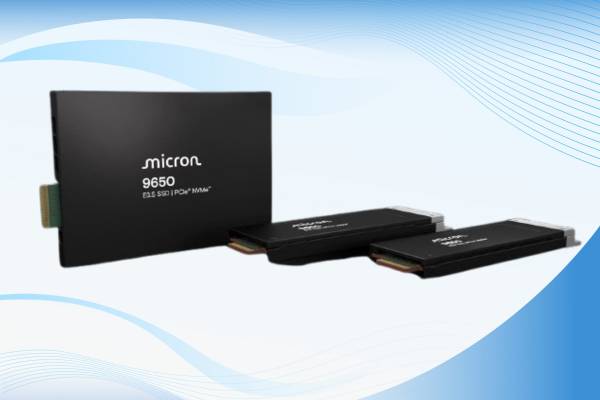Inception Labs has introduced the Mercury diffusion language model family, a new approach to speed up text generation. Unlike traditional sequential (autoregressive) language models, Mercury uses diffusion technology, promising significant improvements in speed and efficiency. While currently focused on code generation, this technology could transform the entire field of text generation.
How Diffusion Models Work
Diffusion models gradually recover clean, meaningful information from noisy data. The process has two steps:
-
Forward Process: Noise is added step by step to real data until it becomes random noise.
-
Reverse Process: The model learns to remove the noise, eventually producing high-quality data.
Based on principles from non-equilibrium thermodynamics, diffusion models offer advantages like more stable training, easier parallel processing, and flexible design. This helps them outperform traditional GANs or autoregressive models in tasks like generation.
Inception Labs’ Mercury Models
Unlike traditional models (which generate text left-to-right), Mercury uses a “coarse-to-fine” approach. Starting with pure noise, it refines the output over multiple steps.
Its main application today is code generation. Mercury Coder provides an interactive preview of generated code, improving developers’ workflows by showing how random characters evolve into functional code. The model can generate thousands of tokens per second—up to 10 times faster than traditional methods. Mercury is also available in downloadable versions, making it easy for businesses to integrate into their systems.
Potential Impact of Diffusion Technology
-
Speed & Efficiency: Runs on standard GPUs, speeding up development cycles and application response times.
-
Lower Cost: Works with existing infrastructure, reducing the need for specialized hardware.
-
New Research Opportunities: Combining diffusion and autoregressive models could advance tasks requiring structured logic, like coding or math problem-solving.

























